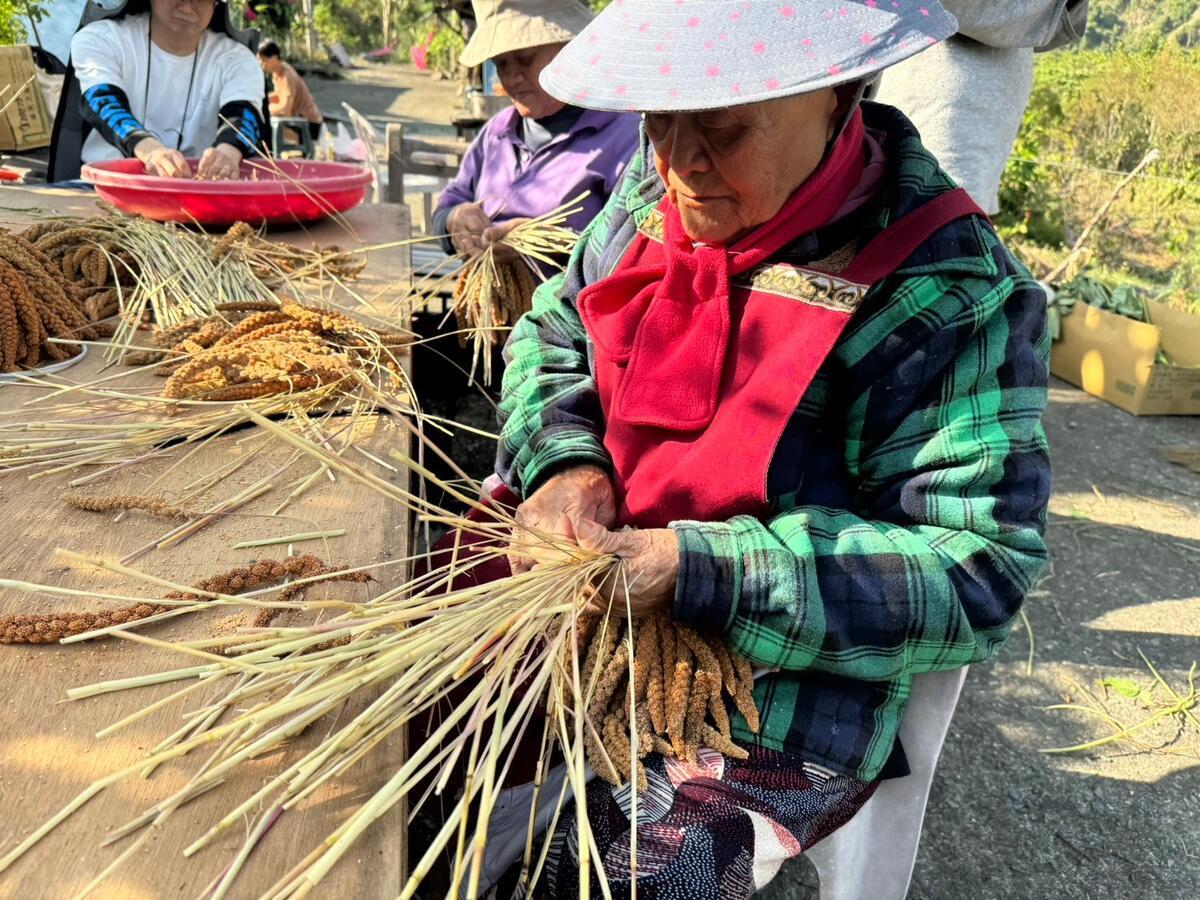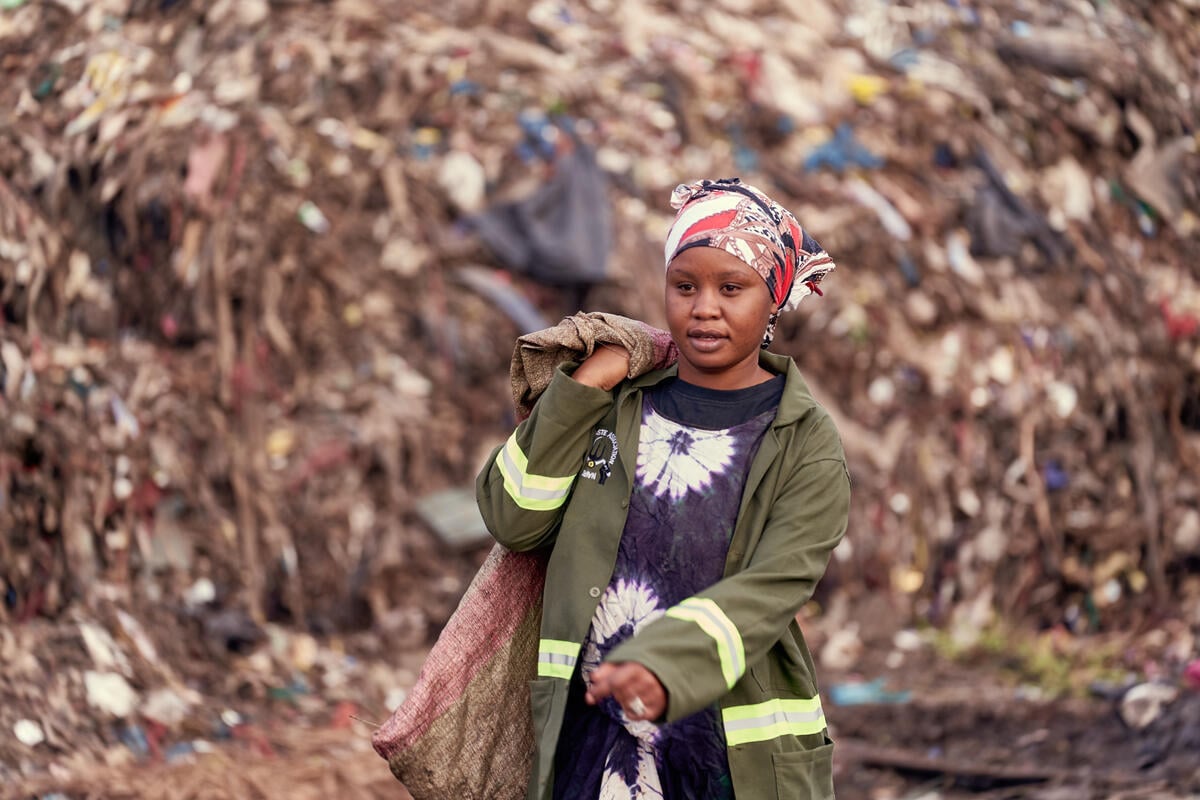The drastic decline of wild and managed bee populations recorded in recent years in Europe and North America is alarming given our reliance on these insect pollinators for biodiversity and global food security.
Managed honey bees have sharply declined, for instance, by 25% in Europe between 1985 and 2005. This decline of bees has led to the concept of a global “pollination crisis” – a situation where pollination services by bees are limited and this, in turn, may cause the yield and quality of crops to deteriorate.
The introduction to this report highlights the importance of bees for global food security, and is followed by a chapter describing the factors causing bee declines. The next chapter looks at how farming methods and agricultural landscapes impact on bees. Recommendations, based on scientific studies to protect and restore bee populations in Europe, are made. The final chapter provides a review of scientific literature on ecological pest control. This can provide a means to eliminate the use of synthetic chemical pesticides in industrial farming. Research, considered together with existing ecological farming practices, confirms that we don’t need pesticides to deal with the pests that live on the crops we want to produce.
This report clearly shows that agricultural solutions – to ensure the survival of native bee diversity within Europe and save domesticated bees – are enshrined in the concept of “Ecological Farming”. Ecological farming aims to preserve important ecosystems and their functions, thereby supporting native bee populations and the pollination services they provide. Ecological farming ensures healthy food for today and tomorrow by protecting soil, water and climate. In addition it promotes biodiversity and does not contaminate the environment with chemical inputs or genetically modified organisms. Ecological farming employs ecological pest control methods and natural means of fertilising the land. It employs use of crop rotations and cover crops, use of resistant crop varieties and mixed cropping, and promotes the continued development of scientific knowledge.



